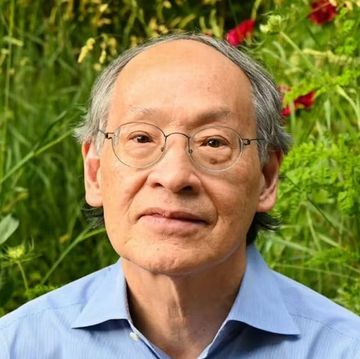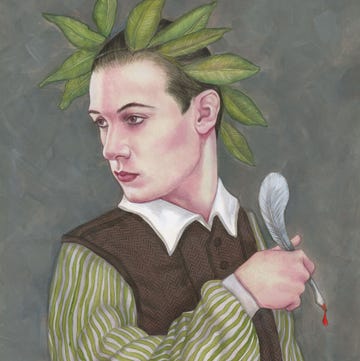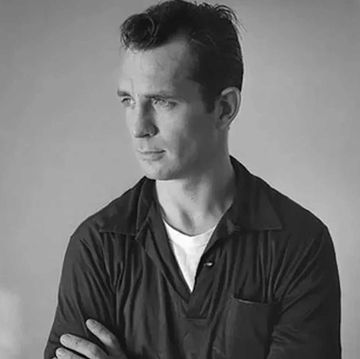Indigenous New Zealand poet Tayi Tibble’s second collection, Rangikura, is a knockout. Some of the freshness of her book comes from placing ancient Māori concepts alongside funny references to contemporary hip-hop and pop culture, but it’s Tibble’s shimmering energy and freedom with language that make her work stand out. With an original sensibility, she acknowledges and laments the harmful impact of colonialism on Māori people while also taking deep, sacred pleasure in natural elements, mythology, and genealogy.
Within Tibble’s poems, ancestors seem to exist through their descendants’ bodies in the moment, ever present. Her parents are both Māori and from the same tribe, but her grandmother’s parents were Māori and Dutch. Tapping into that piece of family history, Tibble writes in “Mahuika,” “I’m the off-cast of half-castes / so I’ve always had visions / of myself in a thousand pieces. / I’m the off-cast of half-castes / so I’ve always been comfortable.” The repetition suggests we’re about to get something familiar, but our expectations are upended by the self-aware expression that closes the lines.
Likewise, in “My Ancestors Send Me Screenshots,” we’re caught off guard by the image of grandparents screenshotting group chats that discuss the narrator and her genealogy. This up-to-the-minute scenario seems to bend time, collapsing the past and present. And Tibble’s work is brilliant, too, in its sonics. In the same poem, we get the playful question “What the fuck is a whakapapa?” with the funny repetition of “wh” and “ka” sounds.
Be sure to read Tibble’s essay Te Moana-nui-a-Kiwa: Ocean Memory, which was published as an Alta Folio in our most recent print quarterly. If you’re going to the Los Angeles Times Festival of Books this weekend, you’ll have the chance to meet Tibble and ask her to sign a copy of Rangikura at Alta’s booth (#111), on Sunday at 11 a.m. This interview was conducted over email and edited for clarity and brevity.
Please tell me a little bit about your early poetry, the work that eventually led to your first book and then to Rangikura.
I began writing poems in intermediate/middle school. I moved from a predominantly pakeha/white school to a predominantly pasifika school. Our teachers were Māori and Samoan also, and they taught us poems by our elders—“Rain,” by Hone Tuwhare, and “Sad Joke on the Marae,” by Api Taylor. They made us write a lot of poems, too, and it was so fun. They made everyone, all us naughty brown kids, love writing poetry.
I continued writing poems through high school and posted them on the internet. I’d also take the train into the city and try to get into bars for open mics, while I was underage. I went to university and applied to do the MA in creative writing at the International Institute of Modern Letters. That was where I began writing about culture and identity as a 21st-century Indigenous woman—I wrote my first book, Poūkahangatus. I see the influence of being in school on Poūkahangatus.… I was encouraged to experiment, and the tone is drier and more direct. Rangikura, I wrote on my own, and the tone of the voice is more relentless and swag and sounds more like my own voice.
Nature is crucial to these poems. Your identification with the elements in them gives their lines an embodied feeling. How did you come to start thinking about the connection between the destruction of nature and colonialism?
I’ve thought about it my whole life, and before my life. In Aotearoa, Māori are known as tangata whenua, tangata meaning “people” and whenua meaning “the land.” Whakapapa is our genealogy, and we can trace ourselves back, parent by parent, back to Papatuanuku, the earth mother. For Indigenous people, the climate change crisis has been occurring since colonial contact, and our struggles to get land back and for self-determination have also always been in service of protecting the environment for everyone and, specifically, for our future generations. In Rangikura, I wanted to put the anxiety about climate change into the pain and struggle of being a Indigenous woman, as a descendant of the earth herself.
In “My Mother Meets My Father in an Alternate Koru,” you write, “I said fuck I feel Māori when I’m swimming in a river. / You looked at me with the sun escaping your grip.” The Māori worldview is an important part of your poems that shows up in the myths to which you allude and your linguistic choices. Some of the originality of your poetry comes from the choice to involve contemporary pop culture. Was your path to this sensibility straightforward, or was there rebellion in this?
It was straightforward: as modern Indigenous people, we contain multitudes. Colonization has forced us to change and adapt and live in the modern world, the same as everyone, so the use of different registers and languages and references is just as natural—how we live and talk—and so that’s also how I write. There is a sense of rebellion in combining Western influence with our traditional worldviews. For me, taking up space on the page is the same as taking up space in person; it’s inherently rebellious because colonization was meant to erase us. We were not supposed to be here, and so being “here” in all the different forms indigeneity can take is defiant, but also celebratory.
What has your journey been to the themes around ancestry, genealogy, sex, and reproduction in the poems in your second collection?
I don’t think I could ever write without writing about ancestry, genealogy, and sex. In my culture, before we speak, we name the lands and the ancestors we come from, and I feel like my writing is often imbued with this because writing about my ancestors both honors them and contextualizes myself. Sex is the act of creation, and sex, too, is throughout my culture, especially in our old songs and poems—some of them are really wild! Traditionally, Polynesians were very sensual, but since [colonial] contact and the imposition of Christianity our sensuality has been shamed or made to feel like a dangerous thing. I explore this in Rangikura, in which sexual behavior is sometimes risky or sexual energy is preyed upon. Personally, my creative energy and my sexual energy come from a similar place. I want my writing to be sensual and attractive and produce something for the next generation.•
Join us on May 16 at 5 p.m. Pacific time, when an array of panelists and author Gary Snyder will appear in conversation with California Book Club host John Freeman to discuss Riprap and Cold Mountain Poems and The Practice of the Wild. Register for the Zoom conversation here.
Anita Felicelli is Alta Journal ’s books editor and the author of How We Know Our Time Travelers, Chimerica, and Love Songs for a Lost Continent.













